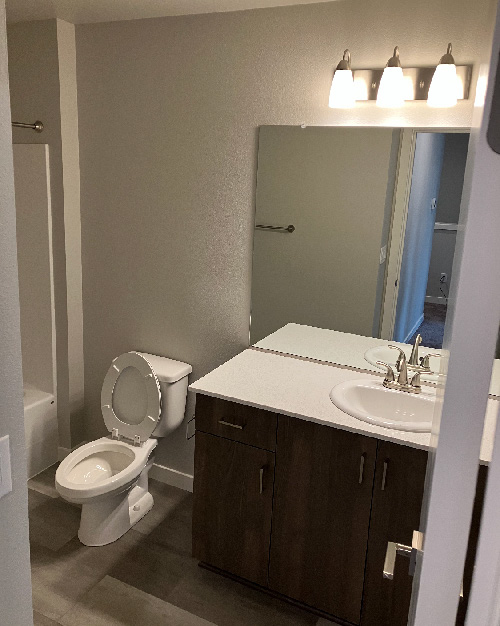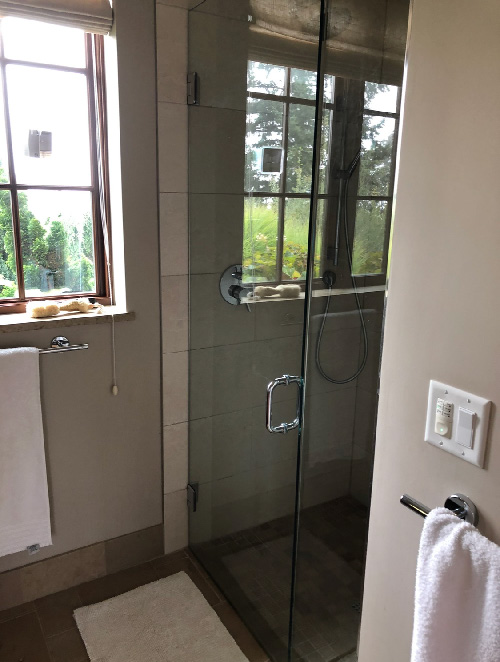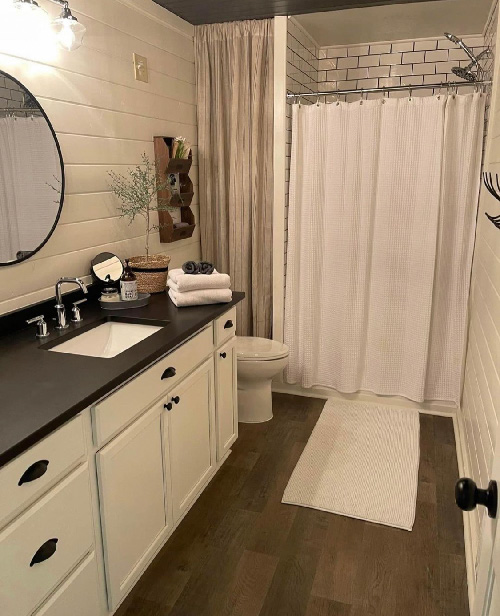Introduction
In a world where eco-friendliness and budget-consciousness reign supreme, DIY cleaners have become the go-to solution for many households. But hold your horses! Are you making these common mistakes with your DIY cleaners? It’s a question worth pondering, especially when the effectiveness of your homemade concoctions could be on the line. With a dash of creativity and some elbow grease, you can whip up cleaning solutions that rival those of professional cleaners. But beware! Even seasoned DIY enthusiasts can fall into traps that render their efforts futile.
So, let’s embark on this adventurous journey together as we navigate through the common pitfalls of DIY cleaning. From ingredient mishaps to application errors, we’ll dissect every layer of potential disaster lurking in your scrub bucket. Get ready to learn how to elevate your cleaning game from amateur to expert!
Are You Making These Common Mistakes with Your DIY Cleaners?
When it comes to whipping up those homemade cleaning solutions, many people often overlook crucial factors that ensure effectiveness. The first step is understanding what you're working with—ingredients, ratios, and surfaces being cleaned are all essential considerations.
1. Not Understanding Your Ingredients
The Importance of Knowledge in Cleaning Solutions
Before you start mixing vinegar and baking soda like you're concocting a potion, take a moment to understand what each ingredient does. For instance:
- Vinegar: This acidic wonder is excellent for cutting through grime but can damage certain surfaces like marble or granite. Baking Soda: A fantastic abrasive cleaner but can lose its potency when mixed improperly.
Misusing these ingredients can lead to disappointing results or even damage to your surfaces.
2. Overlooking Surface Compatibility
Why One Size Doesn't Fit All
Just because something works wonders on one surface doesn't mean it will do the same on another. For example:
Professional Cleaner near me in Dayton- Wood surfaces require gentle care—harsh chemicals can strip away protective finishes. Fabric upholstery may react unfavorably to certain acids.
Knowing which cleaner is suitable for each surface type will save you time and money while keeping your home looking spick-and-span.
3. Incorrect Ratios in Recipes
How Much Is Too Much?
DIY cleaner recipes aren’t just whimsical suggestions; they’re formulas! Following the correct ratios is vital:

| Cleaner | Recommended Ratio | |------------------|-------------------------| | Vinegar & Water | 1:1 | | Baking Soda Paste| 3:1 (Baking Soda: Water)| | Dish Soap & Water| 1 tbsp per cup |
If you get too adventurous with the measurements, you might end up with a gooey mess or ineffective spray.

4. Ignoring Safety Precautions
Safety First! Always!
Just because an item is "natural" doesn't mean it's completely safe. Some combinations can produce toxic fumes or irritate skin:
- Mixing vinegar and bleach creates chlorine gas—yikes! Essential oils should be used sparingly; they can cause allergic reactions for some people.
Always wear gloves and mask when necessary, and keep your workspace well ventilated.

5. Using Old Ingredients
Freshness Matters!
Old ingredients lose their efficacy over time. Baking soda sitting in your pantry for years may not provide the same scrubbing power as fresh stock:
- Check expiration dates if available. Test out old ingredients before using them in significant amounts.
A little freshness goes a long way in making sure your homemade cleaners are effective!
6. Skipping the Labeling Process
Organization Is Key!
Once you've created a batch of cleaner, don’t just toss it under the sink; label it! Clear labeling helps avoid confusion later on:
- Include the name of the cleaner. List its intended use (e.g., bathroom cleaner).
This simple step makes cleanup easier and ensures you're using the right product at the right time.
7. Neglecting to Test Surfaces First
A Quick Patch Test Can Save You Trouble
Before applying any new DIY cleaner indiscriminately across surfaces, perform a small patch test first:
Choose an inconspicuous area. Apply a small amount of cleaner. Wait for a few minutes to see if there’s any adverse reaction.This precaution can save you from costly damages down the line.
8. Disregarding Application Techniques
The Right Method Makes All The Difference!
You wouldn’t paint a masterpiece without proper technique; why should cleaning be any different? Here are some tips:
- Use microfiber cloths instead of paper towels—they’re more effective and eco-friendly. Spray evenly rather than soaking; too much liquid can lead to streaks or spots.
Mastering application techniques elevates your cleaning game significantly!
9. Forgetting About Storage Conditions
Store Smartly for Longer Shelf Life
How you store homemade cleaners matters just as much as how you make them:
- Keep them in cool, dark places away from direct sunlight. Use glass containers when possible; plastic can leach harmful chemicals over time.
Proper storage ensures longevity and effectiveness!
10. Relying Solely on Homemade Solutions
When It's Okay to Call in Reinforcements
While DIY cleaners are fantastic for daily maintenance, sometimes tough stains need professional treatment:
- Heavy-duty mold or mildew? Stains from pets?
There’s no shame in bringing in professional cleaners when required—they have specialized tools and solutions for challenging tasks!
Frequently Asked Questions
1. What should I avoid mixing in my DIY cleaners?
Avoid combining vinegar with bleach or hydrogen peroxide as these mixtures create toxic gases that could harm your health.
2. Can I use essential oils in my DIY cleaners?
Yes! Essential oils add pleasant scents and some antibacterial properties but remember they should always be diluted properly.
3. How do I make my own all-purpose cleaner?
Mix equal parts water and white vinegar with a few drops of dish soap for an effective all-purpose cleaner that works wonders on most surfaces!
4. Are homemade cleaners really effective against germs?
Homemade cleaners may not kill all bacteria effectively; consider adding tea tree oil or alcohol for better germ-killing properties if that's a concern.
5. How long do homemade cleaners last?
Generally, homemade cleaners last about two weeks if stored correctly; however, it's always wise to check their smell and appearance before using them again!
6. Should I ever dilute commercial products?
Always read labels before diluting commercial products; some are designed specifically not to be diluted while others might benefit from it!
Conclusion
So there you have it—a comprehensive guide revealing whether you're making common mistakes with your DIY cleaners or cruising smoothly along clean streets! Remember that while crafting these eco-friendly concoctions is an adventure filled with excitement and creativity, knowledge remains key at every turn.
By avoiding common pitfalls such as disregarding ingredient compatibility or skipping safety precautions, you'll find yourself wielding powerful cleaning solutions that rival even those offered by professional cleaners! So roll up those sleeves and get ready—I hope this article inspires you not just to clean but also to innovate safely within your home environment!
Are you ready now? Happy cleaning adventures await!